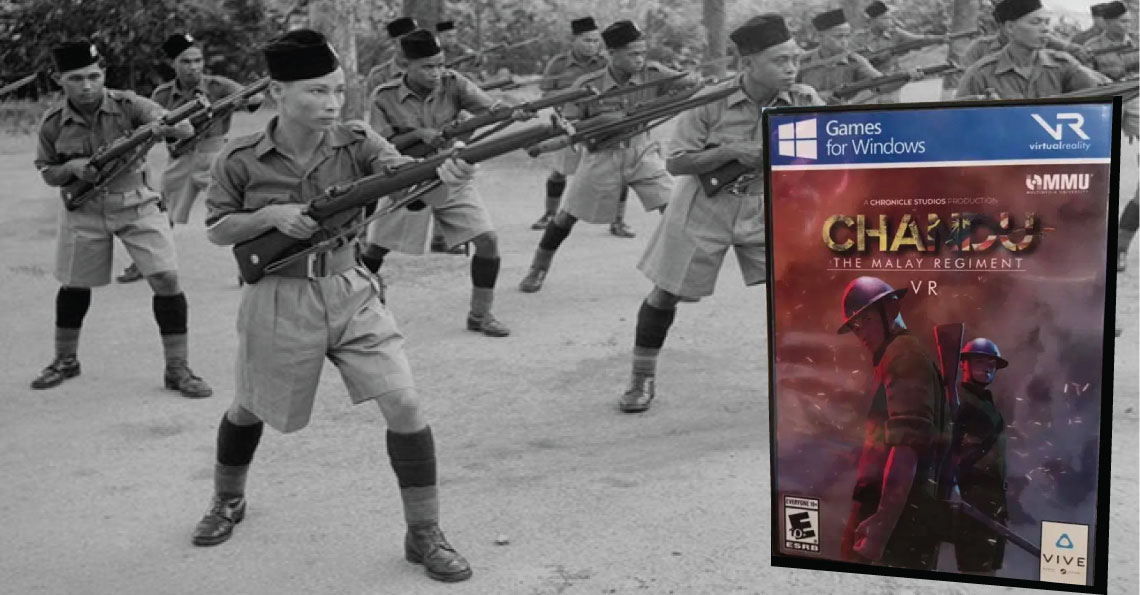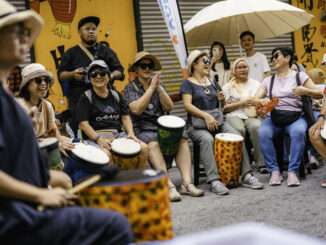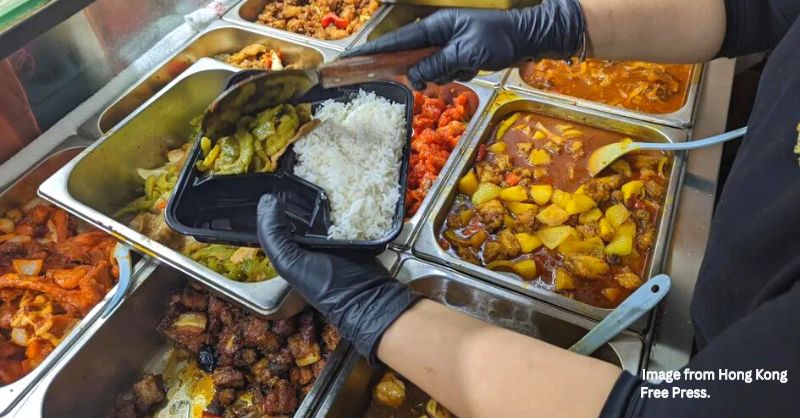The Mat Salleh who loved nasi lemak so much, he introduced it to the West
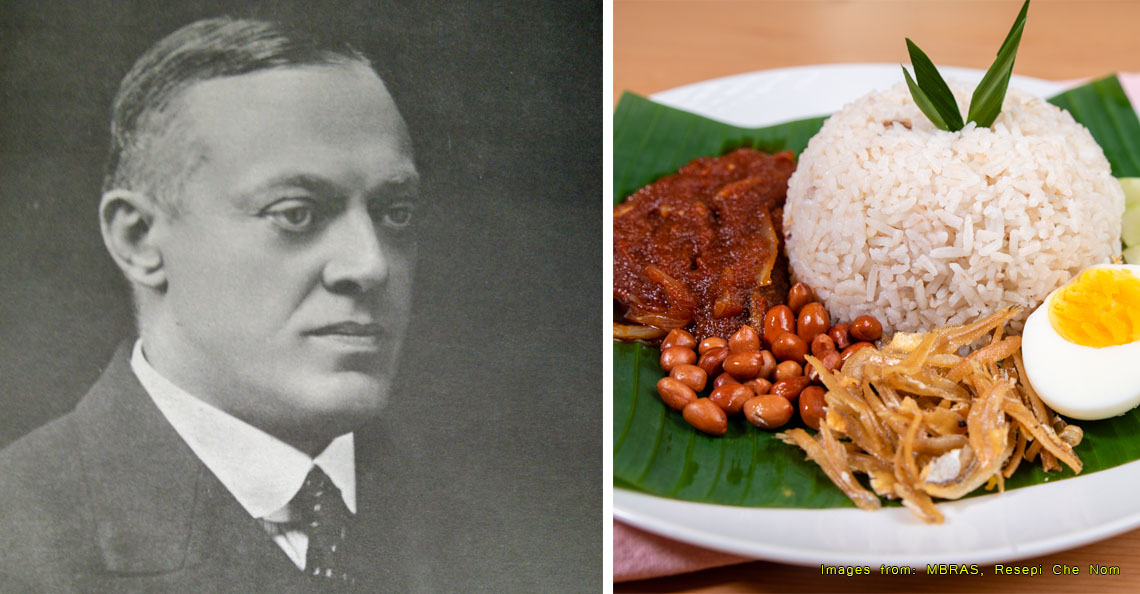
- 6.6KShares
- Facebook6.4K
- Twitter11
- LinkedIn16
- Email20
- WhatsApp108
It could be said that there are three things that are certain in life: death, taxes, and Malaysians telling the whole world how good our food is.
It’s no secret that we Malaysians consider ourselves connoisseurs of the culinary scene. Malaysian food is something we take great pride in, especially when we go overseas. This can be best seen with the character of Uncle Roger (played by comedian Nigel Ng), who criticizes Westerners for messing up Malaysian food.

But as much as us Malaysians would like to consider ourselves experts of our own food, we actually owe it to a very knowledgeable angmoh for introducing local food to the English-speaking world. In fact, he loved our culture so much, he actually dedicated his entire life to its study.
His name was R.O. Winstedt, a colonial civil servant in Malaya
Born in Oxford in 1878, Richard Olaf Winstedt, an Oxford University graduate, joined the Colonial Service (the British government service that managed Britain’s overseas territories) in 1902. His subsequent request to be posted to Malaya was granted, and that same year he arrived in Perak as an administrative officer.
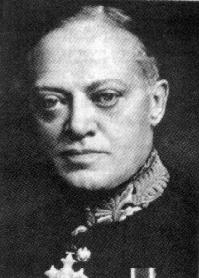
Because he was frequently assigned tasks in schools located in remote villages, he rarely met other angmohs. Since the only people he had around him were locals, he immersed himself in Malay culture.
In particular, Winstedt found himself fascinated by the Malay language and its rich vocabulary. This motivated him to help a fellow British scholar named Richard Wilkinson (who also introduced Winstedt to the field of sociology) with his research on the language. Wilkinson would later encourage Winstedt to study Malay grammar, and the result would be arguably his greatest work, Malay Grammar (1916). In fact, he got so good at Bahasa that he even published a three-volume English-Malay dictionary during WWI!
And he really, really loved Malay culture, because…
He wrote an entire book on the subject for Westerners to read
Titled ‘Life and Customs: The Circumstances of Malay Life’ and written in 1909, these papers were one of the earliest documented academic records of Malay culture, providing a comprehensive look into Malay housing, villages, food, dress, and even furniture.
And of course, one does not love our culture without loving our food. In fact, he knew so much about our food that he wrote an entire chapter comprised of detailed recipes for various iconic Malay dishes, including curries, desserts, snacks and condiments. Check out his recipe for nasi lemak:
“He (the Malay cook) will boil the rice along with such spices as carraway seeds, cloves, mace, nutmeg and ginger and garlic, in dripping or coconut oil; or he will boil it in coconut milk instead of water… .” – R.O. Winstedt (1909), as quoted from ‘The Circumstances of Malay Life’, pg. 62
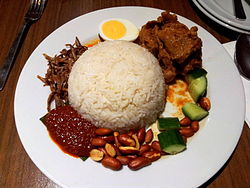
The same paragraph mentions that this rice dish (the ‘food of the poor’ i.e. farmers and fishermen) is usually eaten with ‘sea-fish’ and belacan, which is described as a ‘stinking condiment so famous from Bangkok to Burma’. Uncle Roger might have a few strong words to say about that…
Besides recipes, Winstedt displayed a remarkable knowledge of Malay eating customs. Just check out these passages on eating food during the good ol’ days:
“For his early morning reflections, the Malay may take sugared fried bananas cold; or green beans, boiled, sugared, rolled in rice flour and finally fried in oil.”
“If he be sick, he may confine himself to a diet of pounded rice-flour, fried in oil and mixed with grated coconut and a little salt.”
“But his richest recipes are reserved for the nocturnal junketings of the fasting month, for wedding and other feasts. Commonest among them are sweetmeats made of glutinous rice: the ways of cooking it are almost legion, some of them reserved for festivals, some simple and part of the peasant’s daily fare.” – R.O. Winstedt (1909), as quoted from “The Circumstances of Malay Life”, pg. 68
Winstedt is also credited with the development of the Malay education system
Winstedt’s mastery of the local culture and language would land him a job as the Assistant Director of Education, Straits Settlements and Federated Malay States, with the task of improving the Malay education system. In this role, he would push for a greater emphasis on handicrafts and horticulture (thanks to his observations during fact-finding trips to Java and the Philippines), cos, y’know, #KampungLife. Despite his efforts being recognized as the ‘revolutionizing’ of Malay education, this particular policy would later be criticized for ‘hindering students’ advancement’.
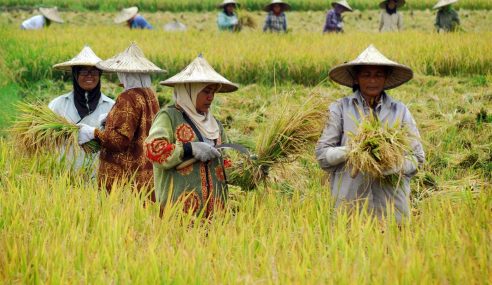
But all in all, Winstedt did indeed revolutionize Malayan and Singaporean education: not only did he serve as the first President of Raffles’ College in Singapore, he helped establish the Sultan Idris Training College in Tanjong Malim, Perak to address the shortage of English-trained Malay teachers. He was also behind the establishment of the college’s Translation Bureau, which would play a key role in preparing textbooks for Malay schools, as well as providing literature for Malayan graduates.
After becoming Director of Education in 1924, Winstedt centralized textbook supply, hired more inspectors and made the curriculum more inclusive for girls. And throughout all this, he never stopped learning: a team of experts was assembled to help him master every aspect of Malay education.
He returned to London in 1935, where he would continue to teach Malay language, and would even speak on Malay-language radio broadcasts for the BBC during WWII. Interestingly, after the war ended, Winstedt strongly opposed the British government’s Malayan Union proposal, writing a letter to King George VI which would ultimately lead to His Majesty’s reversal of the decision.
But Winstedt is perhaps best known for his vast literary works on the Malay culture
As mentioned before, besides being the guy who designed our education system, Winstedt was also a prolific writer who published a staggering number of volumes on pretty much everything Malay. Overall, Winstedt published 27 works on various aspects of Malay life; from history, to language, to food, to literature, and even shamanism. Most notably, he is known for preserving the Malay Annals, the go-to tome for any serious historian looking to learn about Malay history (although, he did reject it as ‘untrue’ and ‘made up of myths’).
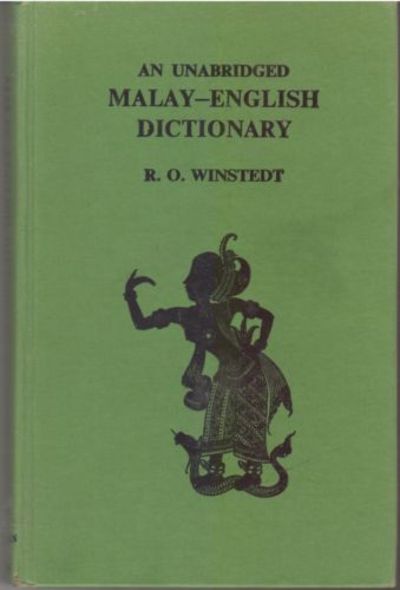
In recognition of his contributions, Winstedt received numerous accolades, both from Britain and Malaya. These include:
– 1920: a Doctor of Letters degree by Oxford University (the first doctorate awarded by a British University for Malay language research)
– 1935: elected professor of Malay language by the Royal Society of Malay Literature of Johore (which carried the title Pendita Bahasa Johore)
– 1945: first colonial civil servant to be appointed fellow of the British Academy
– 1947: received Royal Asiatic Society’s triennial gold Medal (London)
– 1951: awarded honorary Doctor of Law degree (University of Malaya)
Oh, and on top of all of that, he also managed to bag himself a knighthood. Well done, sir.
Despite not being local, R.O. Winstedt’s contributions to our history are undeniably worthy of recogntion
It’s remarkable that even up until the time of his death in 1966, Winstedt kept writing; some of his late works were published even after his death. Indeed, his passing was so felt in Malaya that even Tunku Abdul Rahman wrote a few words of respect in condolence:
” My friend, Sir Richard, has done so much throughout his lifetime for the Malays, whom he has always loved. May his soul rest in peace.” – Tunku Abdul Rahman (1966), as quoted from his telegram to Lady Winstedt following R.O. Winstedt’s death
Now, the British colonials don’t get the best rep in our history books (and indeed, even Winstedt himself has been accused of ethnocentrism in the past), but there is no doubt that R.O. Winstedt’s works have played a major role in influencing modern Malaysian and Singaporean academia. Who knows what stories and lessons we might have lost if not for Winstedt?
Today, the name R.O. Winstedt still carries weight in the world of academia. His name is still cited by Malaysian academics, and there is even a road in Singapore named after him.
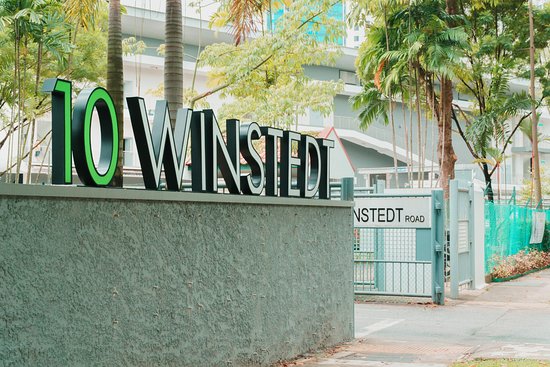
For someone who has done so much for our culture and history, perhaps the most fitting way to end this article would be with some words of very Malaysian advice from the man himself:
“A safe rule in all Malay curry dishes is: never stint your coconut milk.” – R.O. Winstedt (1909), as quoted from ‘The Circumstances of Malay Life’, pg. 63
- 6.6KShares
- Facebook6.4K
- Twitter11
- LinkedIn16
- Email20
- WhatsApp108

